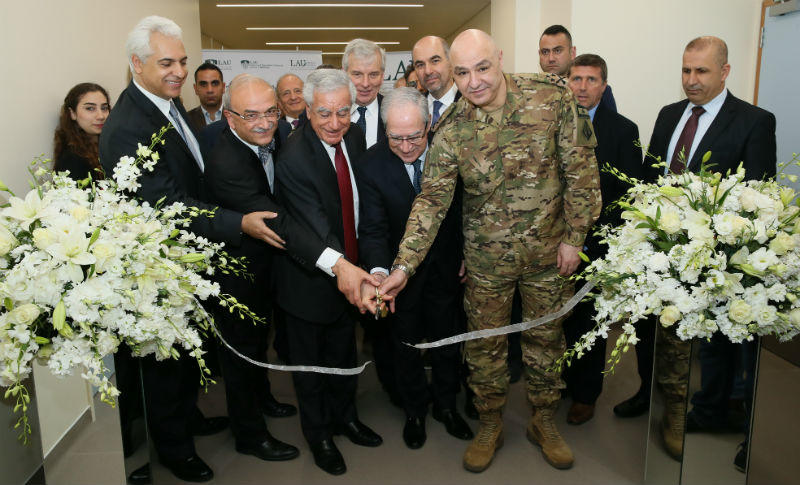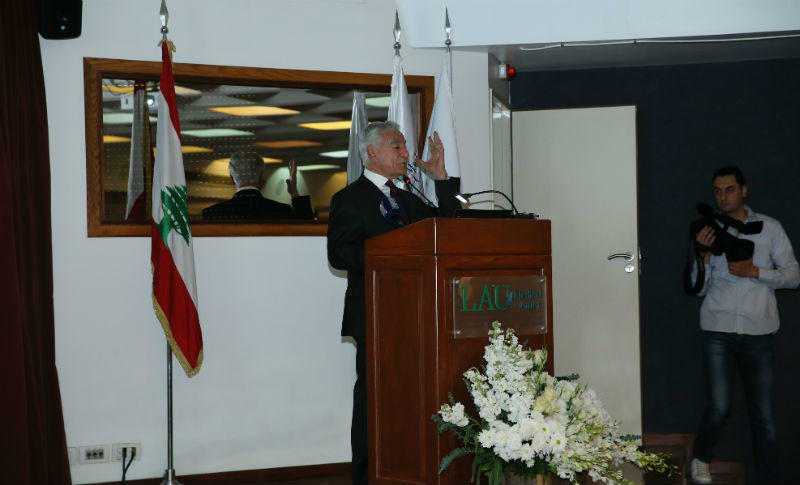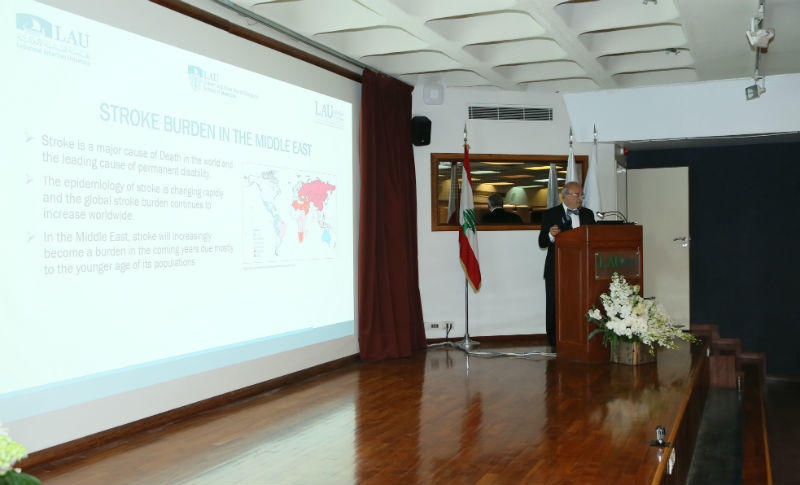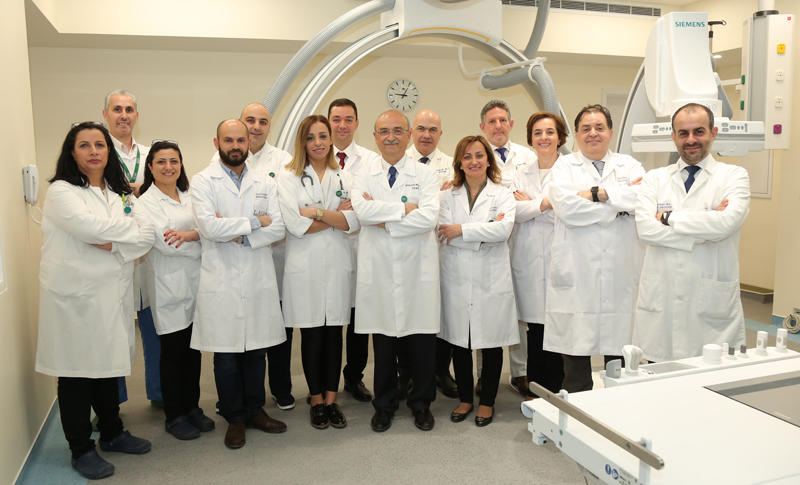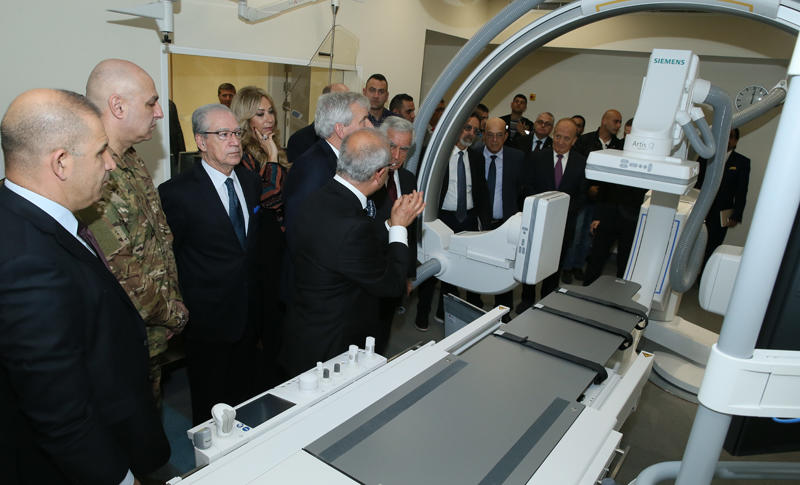Introducing the Comprehensive Stroke Center at LAU Medical Center-Rizk Hospital
The first and only such center in Lebanon will help people from across the country and from all backgrounds.
The Gilbert & Rose-Marie School of Medicine and LAU Medical Center-Rizk Hospital are proud to announce the latest addition to their roster of leading centers: the Comprehensive Stroke Center, located at the hospital’s campus in the heart of Beirut.
The center opened March 17 under the auspices of Dr. Michel Mawad, dean of the School of Medicine and himself a world-renowned specialist in neurology and cerebrovascular disease. It is the only comprehensive stroke center in Lebanon.
Stroke is one of the leading causes of preventable death in Lebanon and the leading cause of disability. According to Dean Mawad’s estimates, within the next decade about 6,000 people per year are projected to suffer a stroke in Lebanon.
A stroke occurs when blood supply to the brain is interrupted, either because of a blocked artery or a ruptured blood vessel, depriving the organ of oxygen and nutrients. If blood flow is cut off for more than a few seconds, brain cells begin to die. The longer a stroke goes untreated, the more likely it will lead to permanent disability or death.
The risk of stroke increases with age, poor diet and lifestyle, or the presence of certain congenital diseases. While strokes are more common in men, they tend to be more fatal in women.
“Time is of the essence when treating a stroke,” Mawad told the crowd gathered at the center. “And the best way to treat patients is within stroke centers, with stroke teams. And that is what we have here.”
Indeed, the center is staffed by a comprehensive, integrated team of neurologists, interventional surgeons, critical care specialists, anesthesiologists, neurosurgeons and physiotherapists, available to ensure that stroke patients receive the best possible multidisciplinary care 24 hours a day, seven days a week. It also boasts specialized medical equipment unavailable elsewhere in the region, including a state-of-the-art Biplane Interventional & Angiography suite manufactured by Siemens Healthineers and designed specifically for the prompt diagnosis and treatment of acute stroke.
“Innovation drives everything we do – it is immersed in our DNA,” said LAU President Joseph G. Jabbra. “Everything we do revolves around the long path of ongoing innovation. This is absolutely crucial for the education and training of our medical students.” It was the duty of the university and LAU Medical Center-Rizk Hospital to use innovation to give back, Jabbra added. “Saving lives is at the top of the scale when it comes to serving our community.”
In attendance was a large group that included Lebanese Armed Forces Commander General Joseph Aoun, President of the Lebanese Order of Physicians Dr. Raymond Sayegh, President of the Lebanese Red Cross Dr. Antoine Zoghbi, CEO of LAU Medical Center-Rizk Hospital Sami Rizk, a representative of the minister of health, and members of the LAU Board of Trustees.
Rizk took the podium to speak about how the Comprehensive Stroke Center is the latest in a long line of firsts from the medical center over the decades, including the first blood transfusion and kidney transplant in Lebanon. “This stroke center is part of a master plan toward innovation and treatment with passion and care,” he said.
Mawad thanked the Lebanese Armed Forces for its collaboration in helping stroke victims from across Lebanon reach the center with army helicopters, and the Ministry of Health for ensuring victims have access to treatment. “We are able to guarantee the highest quality and most efficient care to ensure successful treatment and recovery, for people of all backgrounds.”
In conclusion, Mawad said, “The brain is the most precious organ God has given us. It is the organ that makes us think, that makes us love, that makes us compassionate, that makes us intelligent, that makes us productive. So do everything you can to protect your brain. The best stroke you can have is the stroke you have never had.”
